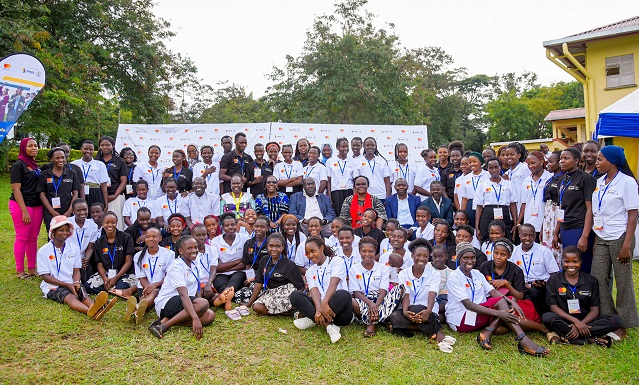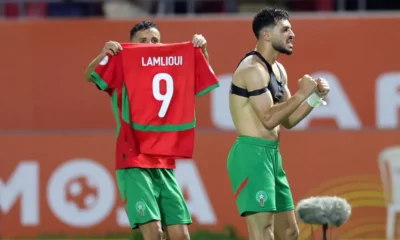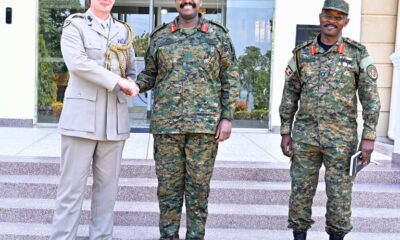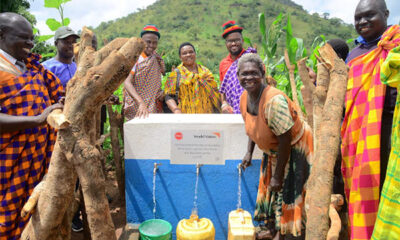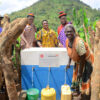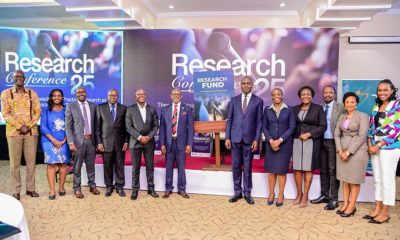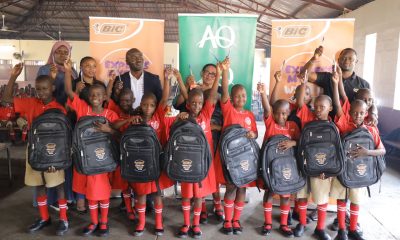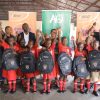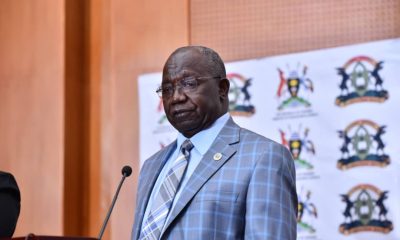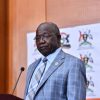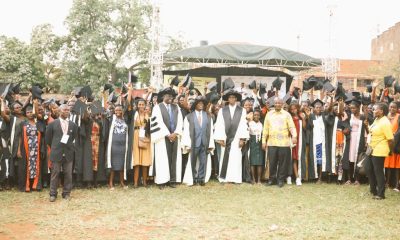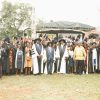Education
FAWE Launches 700-Beneficiary Bursary Intake, Urges Scholars to Champion Integrity and Ethical Leadership
The Forum for African Women Educationalists (FAWE) has unveiled a new intake of 700 bursary beneficiaries under the FAWE/Mastercard Foundation Higher Education Access Programme (HEAP), calling on learners to embrace integrity and become drivers of ethical leadership in Uganda.
Speaking at the closure of the Extended Orientation Programme (EOP) for the 2025/2026 bursary cohort, FAWE Africa’s Executive Director, Martha Muhwezi, urged scholars to pursue academic excellence anchored in good morals. She emphasized that the country’s future depends on leaders who resist corruption and dishonesty, particularly in light of unethical practices in Uganda’s political landscape.
“Some politicians are buying votes for as little as 1,000 shillings. That is selling our country’s future cheaply,” Muhwezi remarked. “As beneficiaries of this programme, you must rise above such practices and commit yourselves to restoring ethical leadership in your communities.”
The bursary intake, which prioritizes refugees, persons with disabilities, and other underrepresented groups, marks a major milestone in expanding access to higher education for talented but economically disadvantaged youth. The new scholars will pursue courses in universities and Technical and Vocational Education and Training (TVET) institutions across the country.
The Extended Orientation Programme (EOP), which concluded this week, provided the 700 scholars with practical training in leadership, personal development, and university adaptation skills. The initiative is designed to prepare them not only for academic success but also for meaningful participation in Uganda’s workforce and society.
FAWE Uganda’s Executive Director, Susan Opok Tumusiime, highlighted that HEAP goes beyond tuition coverage. “Our programme integrates psychosocial support, mentorship, and leadership development to ensure that learners succeed both in their studies and in life after graduation,” she said. She added that FAWE Uganda has committed USD 27 million over the next three years to support the education of 1,800 disadvantaged young people—1,000 in higher education and 800 in vocational training. This is part of a wider continental initiative targeting 10,550 learners across 10 African countries.
For the 2025/2026 intake, FAWE Uganda allocated 700 bursaries in science, technology, engineering, and mathematics (STEM) disciplines. Of these, 500 are for the Higher Education Access Certificate (HEAC) programme at partner universities, while 200 are dedicated to STEM-focused TVET courses. The HEAC, recently accredited by the National Council for Higher Education (NCHE), is now recognized as the fourth official entry pathway into Ugandan universities.
Phase I of the HEAP programme enrolled 334 participants (206 females and 128 males), with 221 graduates so far (135 females and 86 males). FAWE continues to prioritize gender equity, reserving 80 percent of bursaries for young women, in recognition of the cultural and systemic barriers that limit female participation in higher education.
The second phase of HEAP, launched in April 2024, has expanded its reach from 50 to 63 districts across Uganda, focusing on communities with the highest number of disadvantaged youth. This expansion, Opok noted, reflects FAWE’s vision of broadening opportunities for marginalized learners and addressing systemic challenges such as low transition rates to higher education and inadequate preparation for university-level studies.
Both Muhwezi and Opok stressed that while education is central to the beneficiaries’ success, the long-term goal of the programme is to build a generation of leaders committed to accountability, service, and transformation.
“The bursaries are not just about access to classrooms; they are about shaping a future where honesty, leadership, and equity thrive,” Muhwezi concluded, urging learners to be ambassadors of integrity in a society often plagued by short-term political gains.
With the new intake, FAWE reaffirms its role as a continental leader in bridging educational inequality, while positioning its beneficiaries as torchbearers for a more ethical and inclusive Uganda.
Comments



